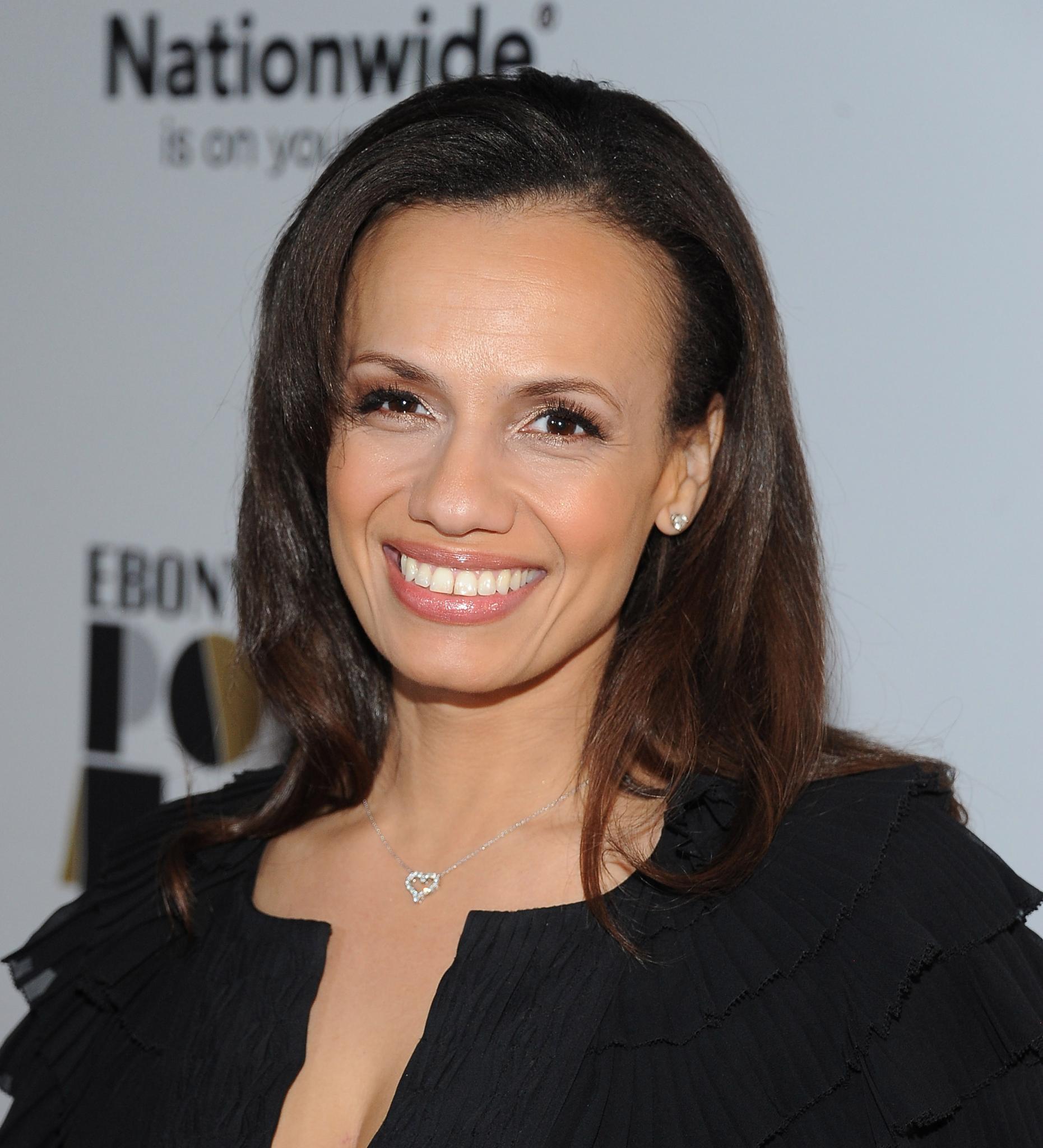
In 1916, Planned Parenthood opened its doors to all women, offering a safe haven where they could find honest information and resources for their physical and sexual health. Ninety-nine years later, it’s still making a difference in the lives of women everywhere.
In recognition of Black History Month, the Planned Parenthood Action Fund is hosting 99 Dream Keepers, an event where the organization will honor 99 extraordinary Black leaders, including ESSENCE editor-in-chief Vanessa K. De Luca, who have helped advance its mission of safe reproductive health care access for all. “We’re honoring leaders who are committed to a healthier, more just society,” said Planned Parenthood Federation of America Chair Alexis McGill Johnson. “The people that we’ve identified are people that are helping to push Planned Parenthood’s commitment to reproductive health care in the Black community.”
Ahead of the event, Johnson spoke with Essence.com about how far the organization has come, and how Black women are crucial to its ongoing struggle.
Essence.com: You grew up during the civil rights movement. How do you think those leaders have inspired today’s activists?
Alexis McGill Johnson: We’re seeing energy that is being inspired by all of those who came before us. I think the amazing thing about the current time is that we are finally at the precipice of having a conversation between old and young leaders. We can really build sustainability, and I think it’s so critical right now.
Are there any particular leaders that you look toward?
Bayard Rustin is my all-time hero, as someone who served as a strategist for the [civil rights] movement. I think that this movement needs strategic direction now more than ever. The lens that Bayard Rustin gave us is about being strategic in making sure that we’re leading the people that we serve, but also communicating the story that crosses boundaries. That’s really what I aspire to do.
How have Black women contributed to the fight for reproductive rights?
Women of color have been on the frontlines fighting for basic dignity their entire lives. I don’t think it’s just in the context of access to our bodies. I think it has been in the context of access to our own dignity, and Black women have led that in enormous ways and continue to lead it.
What are some of Planned Parenthood’s initiatives for 2015?
We are ending a strategic plan that has really been focused on increasing access, identifying better technologies that can help us meet the needs of our patients, and building out access throughout the South. Planned Parenthood will be 100 years old in 2016, and so we are looking at what it means to go into the next 100 years with a different set of stakeholders and communities.
It’s no secret that Congress is working to stifle women’s reproductive rights and Planned Parenthood’s reach. How are you pushing back?
These things like 20-week bans or not fighting to reimburse Medicaid expansion are like literacy tests. These are like poll taxes. These are things that women have fought for that are natural extensions of health care. [Lawmakers] are trying to essentially chip away at rights that have been affirmed in our constitution. We have to be better about continuing to tell that story. We are looking at what’s happening in our state legislatures, because that’s where the big fights are going to be. And we’re ensuring that we can support community organizations that work in partnership with us to come together and fight these things more effectively.
For more information on the 99 Dream Keepers event, visit www.plannedparenthoodaction.org.
